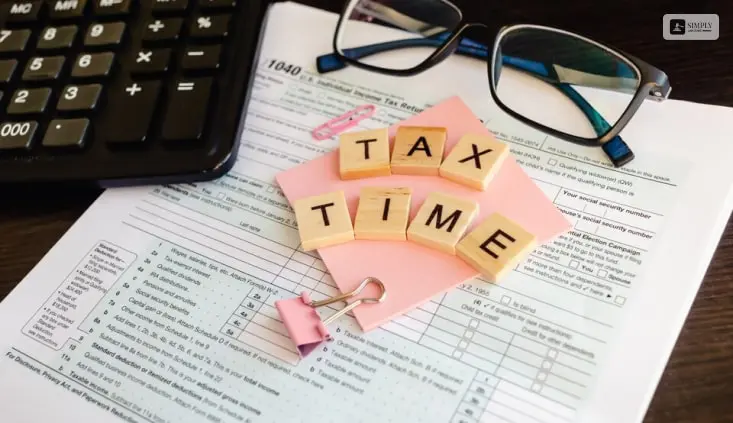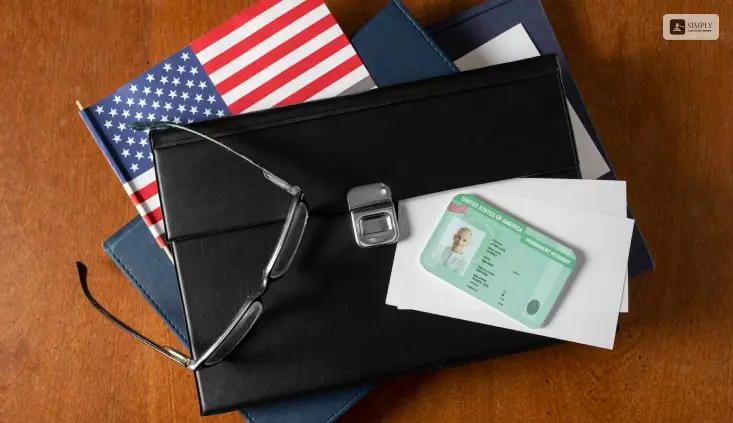
Small business laws govern the legal framework for the establishment, operation, and smooth working of small business ventures. These are the laws providing support and protection to small business opportunities to thrive in the market.
Small Business Laws And Regulations

These are some of the common areas that small business laws cater to.
Here are a few requirements for a small business, proprietorship, limited liability company (LLC), partnership, or corporation. These regulations give you a clear idea about the necessary documents, steps, and financial charges required to start a small business.
License, Permits, and Registration

Small businesses require licenses and permit to be fully functioning business according to local, national, and federal business laws. Small business laws state the requirements of businesses according to the business model and type. This might include licenses of professional nature, permits regarding health, zone-related permits, and tax-related permits.
Small Business Employment Laws

These laws include limitations and rules on the employment practices of small businesses. This may include minimum wage rules, overtime provisions along with adequate pay, anti-discriminatory practice requirements, workplace safety practice essentials, and employee benefits as have been declared mandatory by the law. These laws ensure fair treatment of employees in the small business.
New Tax Laws And Small Business

These laws govern the various tax laws and obligations required for a small business to ensure legal compliance. They lay down tax liabilities, filing, deductions, and credit requirements available to small businesses according to already existing and new tax laws. More often than not incentives and benefits are applicable to small businesses, in the form of exemptions.
Small Business Debt Collection Laws In The USA

This is a list of some federal debt collection laws that protect small business in the US.
Fair Debt Collection Practices Act (FDCPA)
This federal law of the US offers various protections for small businesses. Under this Act, if a small business owner is a guarantor for a debt that they have taken out, they are considered to be the consumer. Debt collectors will not be able to practice abusive and unfair means to collect the debt as the Act strictly prohibits it.
Person Debts v. Consumer Debts
These debt collection laws see commercial debts taken for business purposes and consumer debts taken for family or household purposes differently. Personal debts taken by small businesses are shown fewer restrictions and given more leeway.
A Guide To Small Business Laws In The Usa

Various federal laws in the United States impact small businesses and protect them. They ensure that these businesses get a strong footing in the market.
Small Business Administration (SBA) Act
Under this Act, the Small Business Administration provides all the support and resources that a small business needs to thrive. It includes loans, business advice, and even legal assistance
Affordable Care Act (ACA)
This Act has provisions for small businesses such as health insurance coverage.
Small Business Regulatory Enforcement Fairness Act (SBREFA)
Under this Act, there is conduction of Small Business Regulatory Enforcement Fairness Act Panels. These panels gather feedback from small businesses to ensure that regulations do not affect them adversely.
Equal Employment Opportunity (EEO) Laws
These prevent employment discrimination. The Civil Rights Act, the Americans with Disabilities Act (ADA), and the Age Discrimination in Employment Act (ADEA) prevent small business employees from all forms of discrimination.
Family and Medical Leave Act (FMLA)
This Act has provisions requiring small businesses to provide unpaid leave for family or medical reasons to its employees.
Occupational Safety and Health Act (OSHA)
This Act establishes workplace safety standards for all businesses, including small businesses. It ensures employee compliance with safety regulations.
Fair Labor Standards Act (FLSA)
This Act sets standards for small businesses regarding minimum wage, overtime pay, record-keeping, and child labor. Small businesses must pay federal minimum wage to employees and overtime for working more than 40 hours per week.
Tax Laws for Small Businesses
These include income tax laws, employment tax regulations, and self-employment taxes. The Internal Revenue Service (IRS) is the guiding body regarding these regulations.
Wrapping It Up!
These were the provisions regarding small business laws in the USA, their purpose, bature and scope. If you are willing to start a small business, it is best to get help from a legal professional first. They will through their expertise direct you how to stay compliant with business laws of the land while also ensuring that you thrive.
The best way to get in touch with a small business lawyer to conduct a quick google search based on your location. Most lawyers offer the first consultation free of charge, however that depends on the facts of your case and the professional. We hope you found this article informative!
Read More:


